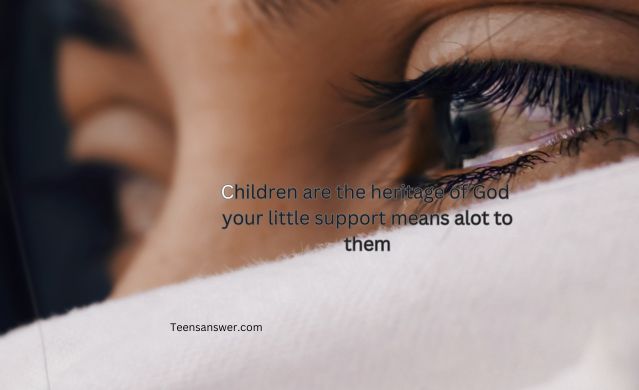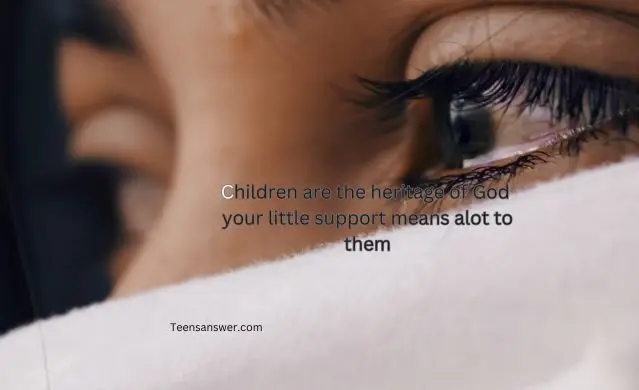Supporting Less Privileged Kids
 Supporting Less Privileged Kids
Supporting Less Privileged Kids
A Guide to Making a Difference
In a world where inequality and poverty persist, supporting less privileged kids is crucial for creating a fairer society. These children often face significant obstacles that hinder their education, health, and overall development. However, with collective effort, we can make a meaningful impact. This guide explores practical ways individuals, communities, and organizations can support less privileged kids and help them achieve their full potential.
Understanding the Challenges
Less privileged kids often encounter a range of challenges, including:
- Lack of Access to Quality Education: Many children from low-income families do not have access to the resources needed for a proper education, such as books, technology, and qualified teachers.
- Health and Nutrition Issues: Poor living conditions often lead to malnutrition and inadequate healthcare, affecting children’s physical and mental development.
- Social and Emotional Support: Children in disadvantaged situations may lack emotional and psychological support, impacting their self-esteem and resilience.
- Safe Environment: Many less privileged kids grow up in unsafe environments, where violence and neglect are prevalent.
Ways to Make a Difference in supporting less privileged kids
- Volunteering Time and Skills
- Tutoring and Mentoring: Offer your time to tutor or mentor children. Personalized attention can significantly improve their academic performance and boost their confidence.
- Extracurricular Activities: Lead or support extracurricular programs such as sports, arts, or music. These activities can provide a positive outlet for creativity and energy.
- Providing Financial Support
- Scholarships and Sponsorships: Contribute to scholarship programs that help cover tuition fees, school supplies, and other educational expenses.
- Donations: Regularly donate to charities and organizations dedicated to supporting less privileged children. Even small contributions can make a big difference.
- Raising Awareness and Advocacy
- Social Media Campaigns: Use your social media platforms to raise awareness about the challenges faced by less privileged kids and the ways people can help.
- Community Involvement: Advocate for policies and programs that address the root causes of poverty and inequality in your community.
- Supporting Access to Resources
- Book and Toy Drives: Organize drives to collect books, toys, clothing, and school supplies. Ensure that these items reach the children who need them the most.
- Technology Access: Help bridge the digital divide by donating computers, tablets, and internet access to children who lack these essential tools for modern education.
- Creating Safe Spaces
- Safe Havens: Support the establishment of safe spaces such as community centers and shelters where children can receive care, support, and protection from harmful environments.
- Anti-Bullying Programs: Promote and participate in programs that combat bullying and create inclusive environments in schools and communities.
- Encouraging Sustainable Change
- Education and Training for Parents: Provide workshops and resources to help parents and guardians improve their parenting skills and economic situation.
- Community Development: Engage in projects that improve the overall infrastructure and services in underprivileged areas, fostering a supportive environment for children to grow.
The Role of Organizations
Organizations play a critical role in supporting less privileged kids. They can:
- Partner with Schools and Communities: Collaborate with local schools, community groups, and other organizations to identify needs and implement support programs.
- Develop Comprehensive Programs: Create programs that address various aspects of a child’s development, including education, health, and emotional well-being.
- Measure Impact and Adapt: Continuously assess the effectiveness of their initiatives and make necessary adjustments to ensure they are meeting the needs of the children they serve.
Conclusion
Supporting less privileged kids requires a multifaceted approach involving time, resources, and a commitment to advocacy and community development. By taking action in various ways—whether through volunteering, financial support, raising awareness, or fostering safe environments—we can make a lasting difference in the lives of these children. Each effort, no matter how small, contributes to a brighter future where all children have the opportunity to thrive.
Share this content:






















Post Comment